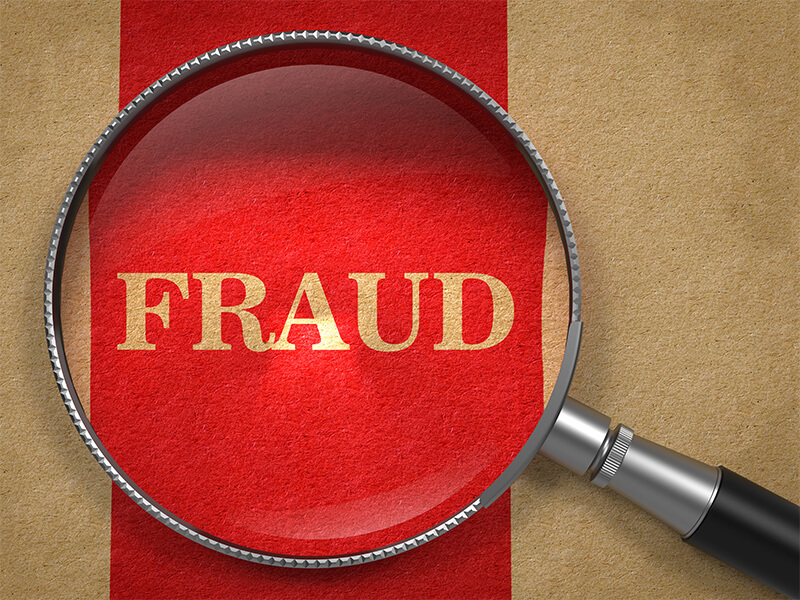How to Avoid these Common HVAC Scams
Like dishonest auto garages or door-to-door handymen, HVAC contractors can also target building owners for HVAC scams. Scammers can target owners of complex and essential systems in the hopes of pressuring them into agreeing to expensive and unnecessary repairs. Unfortunately, many of these owners do not even realize they are being taken advantage of.
Identifying HVAC Scams
HVAC companies target commercial building owners for several reasons, including the following:

- Large budgets: Businesses have more to spend on HVAC parts and repairs than homeowners. A scammer takes advantage of this by telling the business that the repair will only cost $X.
- Complexity: Building managers may not understand all the details of how their HVAC systems work. Scammers tell tall tales to confuse building managers into approving repairs.
- Necessity: Tenants complain when the HVAC breaks down. In some climates, loss of heat or AC can pose a major health risk. Scammers often use high pressure tactics and remind building owners of the dangers of a broken HVAC system.
Identifying an HVAC scam is often a matter of common sense. A scammer will pressure owners into agreeing to a repair, confuse owners with a complicated story, or offer to sell owners a quick, cheap repair. If faced with these tactics, seek a second opinion.
Examples of HVAC Scams and Tips to Avoid Them
Scammers use a variety of cover stories to trick or pressure owners. Some examples include:
1. Used Parts
A scammer quotes a price for new parts, then quotes a much lower price for used parts. In most cases, used HVAC parts will not last and honest HVAC technicians rarely install them.
2. Urgency
Unless the HVAC system is on fire, urgency does not excuse rushing into a repair. When an honest HVAC tech spots an urgent problem, the technician disconnects the HVAC system and alerts the owner. This gives the owner time to get a second opinion, if desired.
3. Sizing
Bigger is not always better because an HVAC system that is too large is not always efficient. Consult an engineer when installing a new HVAC system to ensure its capacity matches the building’s needs.
4. Overcharging
Overcharging occurs in a few different contexts. For instance, the final invoice fails to match the quoted price. Or, the technician finds additional problems after receiving approval for the initial repairs. And lastly, the HVAC parts cost more than expected or the job required overtime. To avoid these HVAC scams, make sure everything is written down and require approval for every service or part not listed in the initial work order.
5. Unnecessary Inspections
While HVAC inspections are necessary because they spot looming problems, too many inspections are unneeded. When an HVAC company cold calls you offering a free HVAC inspection, tread cautiously because it may be setting up an HVAC scam.
6. Unnecessary Repairs
Scammers pad their bills with unneeded repairs. However, most HVAC repairs show symptoms such as increased power bills, no cooling or heating, or strange smells or sounds. An HVAC system without symptoms probably does not need repairs.
Honest Technicians Keep Your HVAC System Running
Honest HVAC companies want a long-term relationship. Therefore, they will put everything in writing, seek permission before making repairs, and use new parts. They will also explain the problem clearly and allow time for second opinions.
When your commercial HVAC system needs service or repairs, contact the Severn Group for help. We also offer cost-effective solutions to any commercial HVAC issues. Schedule an appointment with The Severn Group today.
